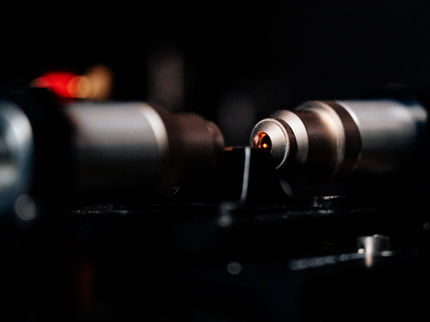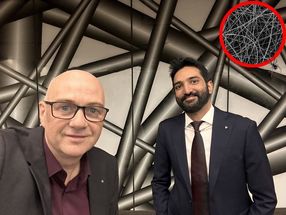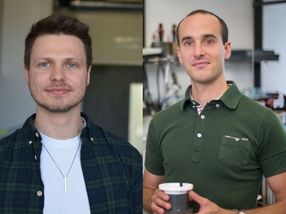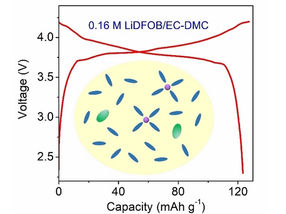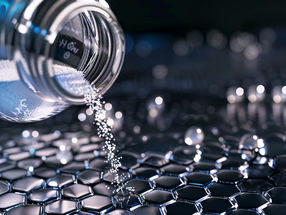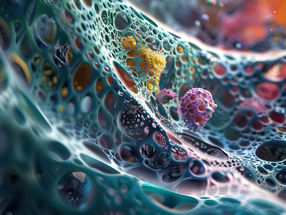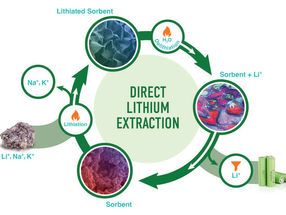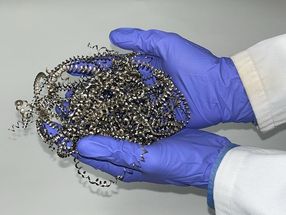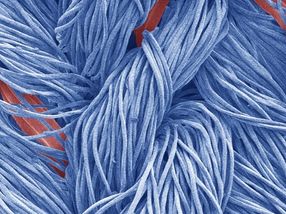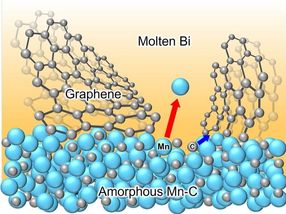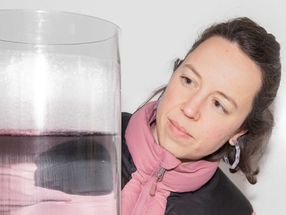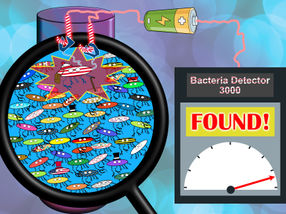Innovative application of metamaterials to improve radars
At the International Radar Conference held in Lille (France) the researchers of the NUP/UPNA-Public University of Navarre Pablo Rodríguez-Ulibarri and Miguel Beruete-Díaz, together with their former lecturer and current CEO of Tafco Metawireless S.L., José Antonio Marcotegui-Iturmendi, have received the Disruptive Concept Award for their work "Blind Spot Mitigation in Phased Array Antenna using Metamaterials". This recognises the authors of a piece of research that "has signified an exceptional breakthrough in research in the field of radar signal processing, systems or applications". The most innovative aspect of the research was the application of a smart structure based on metamaterials to improve the performance of radar antennae.
The work is the outcome of a two-year project and one million euros funded by the European Defence Agency. Researchers from France (Thales and the National Office for Aerospace Studies and Research), Germany (the Fraunhofer Institute for High Frequency Physics and Radar Techniques FHR), Italy (University of Siena) and Spain (NUP/UPNA and Tafco Metawireless) participated in it.
The work of the NUP/UPNA focusses on the applying of metamaterials to smart phased array-type antennae. As Pablo Rodríguez-Ulibarri, author of the main contributions, pointed out, "we have managed to improve the shortcomings that existed when it comes to directing the beam of the antenna in different directions, the so-called blind zones in pointing.The most innovative contribution is that we have developed a radome (the coating that protects the antenna) based on metamaterials - metaradome - which is capable of improving the response of the so-called blind angles without modifying the prototype antenna in any way. It consists of a thin film designed following concepts inspired by metamaterials, which acts as if it were a lens and allows the beam of the antenna to behave much more efficiently compared with what has been achieved until now."
Most read news
Other news from the department science

Get the chemical industry in your inbox
From now on, don't miss a thing: Our newsletter for the chemical industry, analytics, lab technology and process engineering brings you up to date every Tuesday and Thursday. The latest industry news, product highlights and innovations - compact and easy to understand in your inbox. Researched by us so you don't have to.
